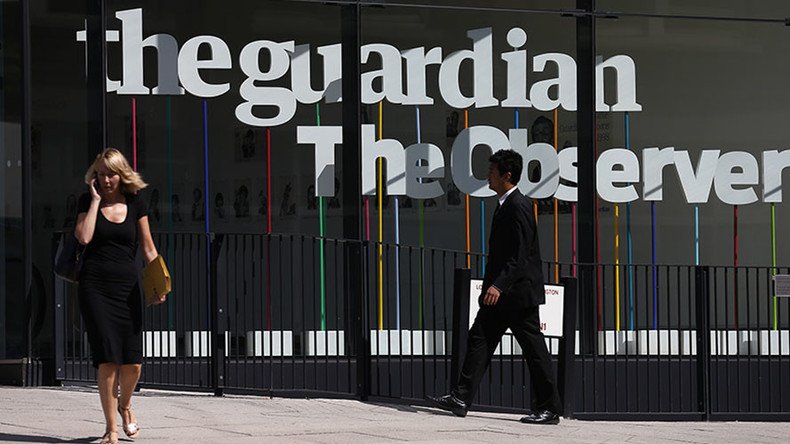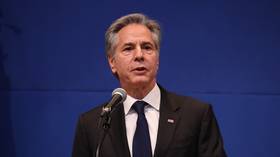Where’s the line between hate speech and freedom of expression?

It is a sign of the times when some topics are becoming so hard to handle in media forums that a liberal publication like the Guardian taboos commenting on race, immigration and Islam, says Martin Summers, independent journalist, commentator.
The Guardian has announced that its website will no longer allow readers to comment on articles on three topics - race, immigration and Islam.
RT: What do you think of The Guardian's decision?
Martin Summers: I think it a really rough decision in many ways. But you got to remember the Guardian has invested an awful lot in its online presence and encouraging their audience to participate through online commentary. But of course, it is not being very successful from an economic point of view - they are losing millions of pounds every year. And they don’t really have a public service remit… As they are essentially a private organization, they may decide that moderating this kind of forum is more expensive and more problematic than they thought. But of course, it is a kind of a sign of the times that these kinds of topics are becoming so hot that they are becoming hard to handle in media forums.
RT: How much are social media networks and people publishing their reactions online affecting attitudes towards migrants? Because social media helped spread reports of the Cologne attacks faster than the mass media...
MS: They did. Obviously, there is belief that a certain unpalatable truth is being hidden from people. That’s probably true. But then there is another unpalatable truth about how these migrants eventually started coming towards Europe. There has always been a trickle of migrants from the rest of the world into Europe but it has become a flood in the last year and a half because of the policies pursued by Western governments like Britain and Germany overthrowing established regimes in Libya and Syria. Do we really want to talk about the military people topping Britain that have been responsible for doing that? I mean Roland Dumas, the former French foreign minister was on French TV a couple of years ago saying when he was foreign minister he was approached by British officials who said: “We are going to have an armed uprising in Syria, do you want to participate?”. And that was shown on French TV but it wasn’t shown on British TV and it has hardly been covered, except on the social media networks that you were describing. The problem with social media is that people tend to go to find the comments they want to hear. The Roland Dumas’s comment is a sort of thing I would look at, as a sort of radical journalist I am interested in trying to hold the powerful accountable. But those with more basic prejudices will want to hear that all of the migrants that are coming are sex attackers and some of them undoubtedly are. Not all of them are going to be wonderful people.
RT: Where do you draw the line between shielding certain groups from hate speech and freedom of expression?
MS: It is very difficult, isn’t it? I think everybody accepts that at the end of the day the complete freedom of speech, insulting of other people, provocative incitements to violence…The governments of the West are saying that they are going to try and stop recruitment to ISIS online…Is that freedom of speech? You could argue that it is or that it isn’t. So, it is always going to be tricky. I think the real issue of course is that these freedom of speech forums are not free. The Guardian will have to moderate that forum and probably involve people working full-time to read all the emails and decide whether they are acceptable or not. And I think it is a sign of the times that a liberal publication like the Guardian has taken such a step. And of course, those on the right would just say they don’t really want to talk about these topics. But if you go to forums run by more right-wing sources, you will find that there are topics they don’t want to talk about as well.
The statements, views and opinions expressed in this column are solely those of the author and do not necessarily represent those of RT.














